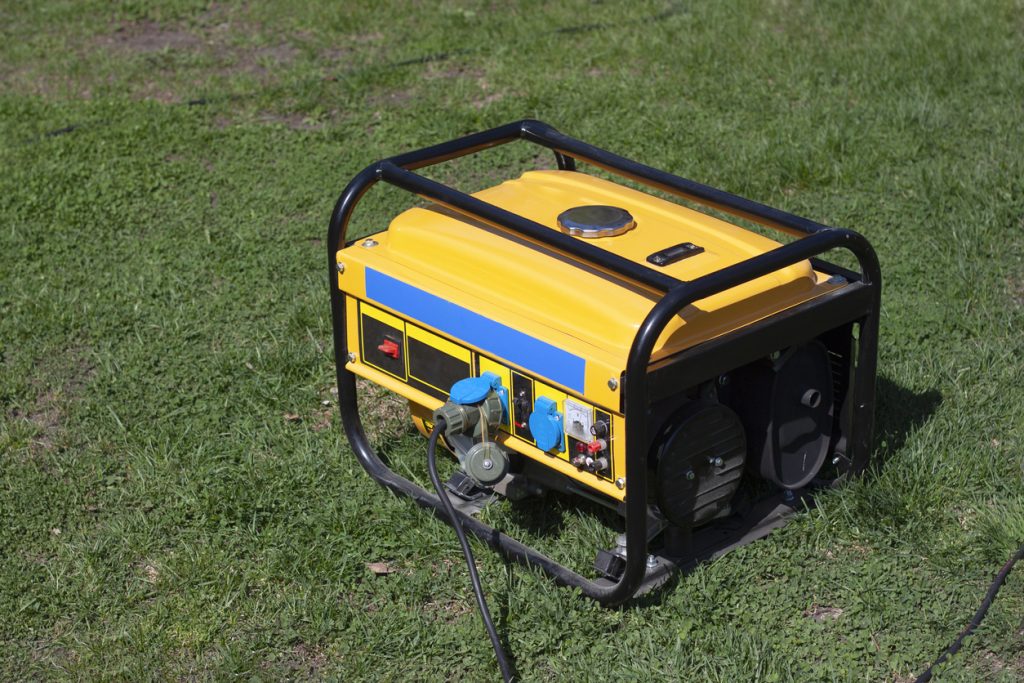When the power goes out, it can feel like your whole world has stopped. Suddenly, you can’t watch your favorite shows or cook dinner in the microwave. But with a generator, you don’t have to feel like your life has come to a grinding halt. Generators can give you the power to keep your home running during an outage. Before you run out and get a generator, you must follow all the necessary safety precautions. Here are some tips for keeping your home safe when using a generator:
Keep Your Generator Away From Your House
Generators emit dangerous carbon monoxide fumes, so keeping your generator away from open windows or doors is essential. Keep it at least 20 feet from your home; never operate it in an enclosed garage or basement.
For homes with children, it’s essential to take extra care to keep your generator away from curious little hands. First, ensure the area is gated off so your kids can’t get to it.
Keep the Generator Dry
Generators don’t like moisture and water, so store it in a dry area where it won’t get wet. If the generator gets wet, let it dry out completely before using it. However, it’s best to contact qualified service technicians for assistance. They will be able to inspect the generator and ensure it operates safely.
Follow Instructions
Always read and follow the instructions provided with your generator. Before operating, familiarize yourself with the controls and safety features and regularly check the fuel and oil levels.
Since some generators require manual refueling, please turn off the generator and let it cool down before refueling. This will prevent potential fire hazards. It will also help you avoid an unexpected electricity surge when starting the generator.
Be Mindful of What You Plug In
Most generators come with a power cord that has multiple outlets. This is helpful because you can plug in various devices simultaneously, but it’s essential to be mindful of what you plug in.
Some of the most common items to plug into a generator include refrigerators, freezers, lights, medical equipment, and sump pumps. While these are all great uses for a generator, double-check the wattage before plugging them in.
Be Mindful of the Fuel Source
Always use an approved fuel container when storing and using fuel for your generator. Store the fuel in a cool, dry place and avoid any potential ignition sources like cigarettes or open flames.
You should also avoid adding fuel or oil to a hot generator as it could cause an explosion. Instead, allow the generator to cool down before attempting to refuel it. For best results, use a fuel stabilizer to keep the fuel fresh.
With these safety tips, you can enjoy peace of mind knowing you’re properly prepared for power outages. Remember to always follow the instructions provided with your generator and take extra precautions when storing and using fuel. You should reach out to a professional if you have any questions or concerns about the safety of your generator. Money Electric is an experienced electrical company that can help you with generator servicing in Conway, AR; contact us today to learn more!

